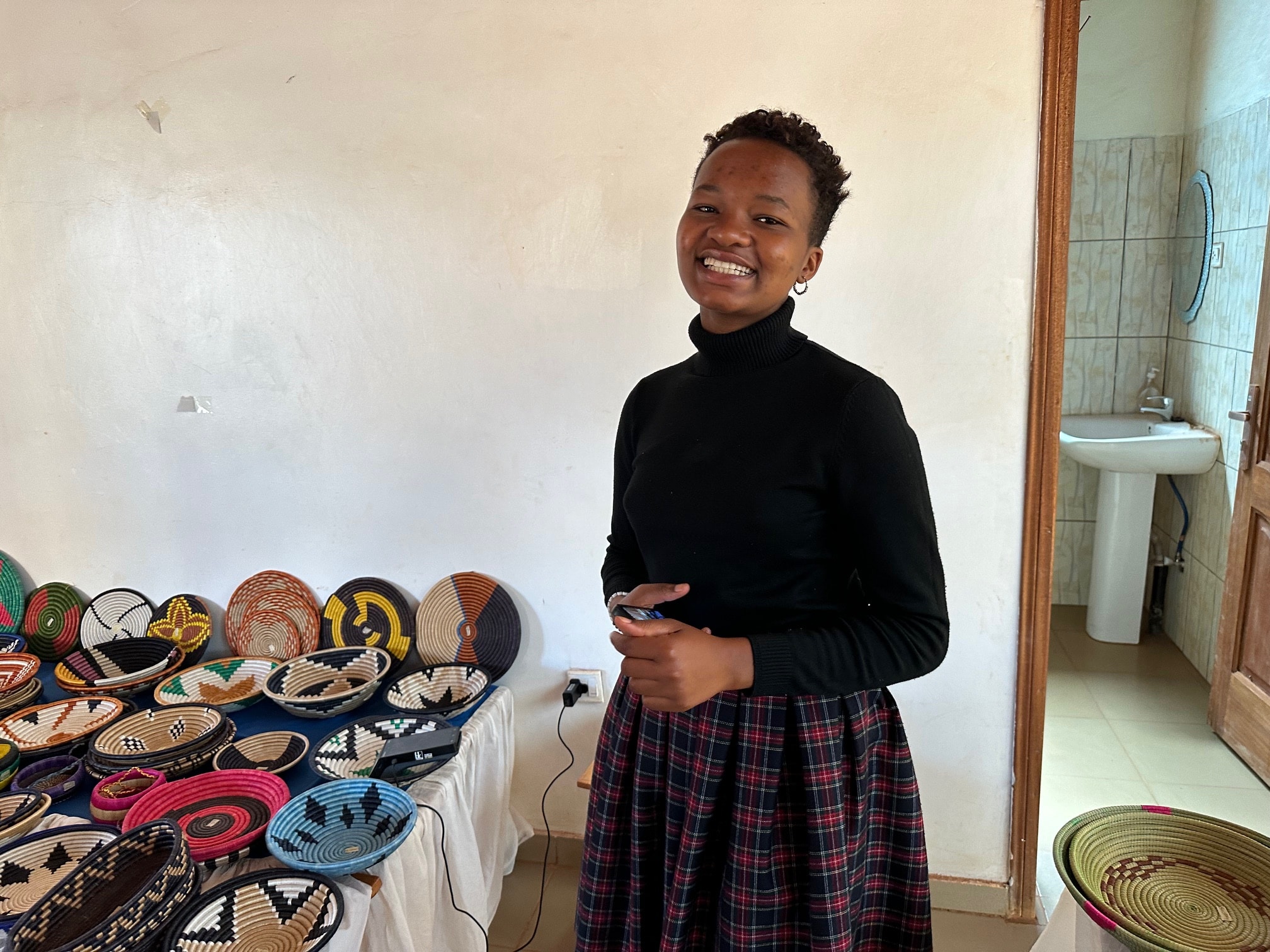
As a writer at Root Capital, I often describe our clients as «engines of impact.» We partner with small and growing agricultural enterprises that are capable of impacting hundreds, thousands, or even tens of thousands of farmers and their families. When provided with the right resources and opportunities, they can do incredible things like create jobs, raise farmer incomes, and help them adapt to climate change.
But it was not until a recent journey to Rwanda, where I met with some of Root Capital’s clients, that I could truly appreciate this concept in action. I’d like to share my experience in the hopes that you, too, will be inspired by how our clients help farming communities prosper.
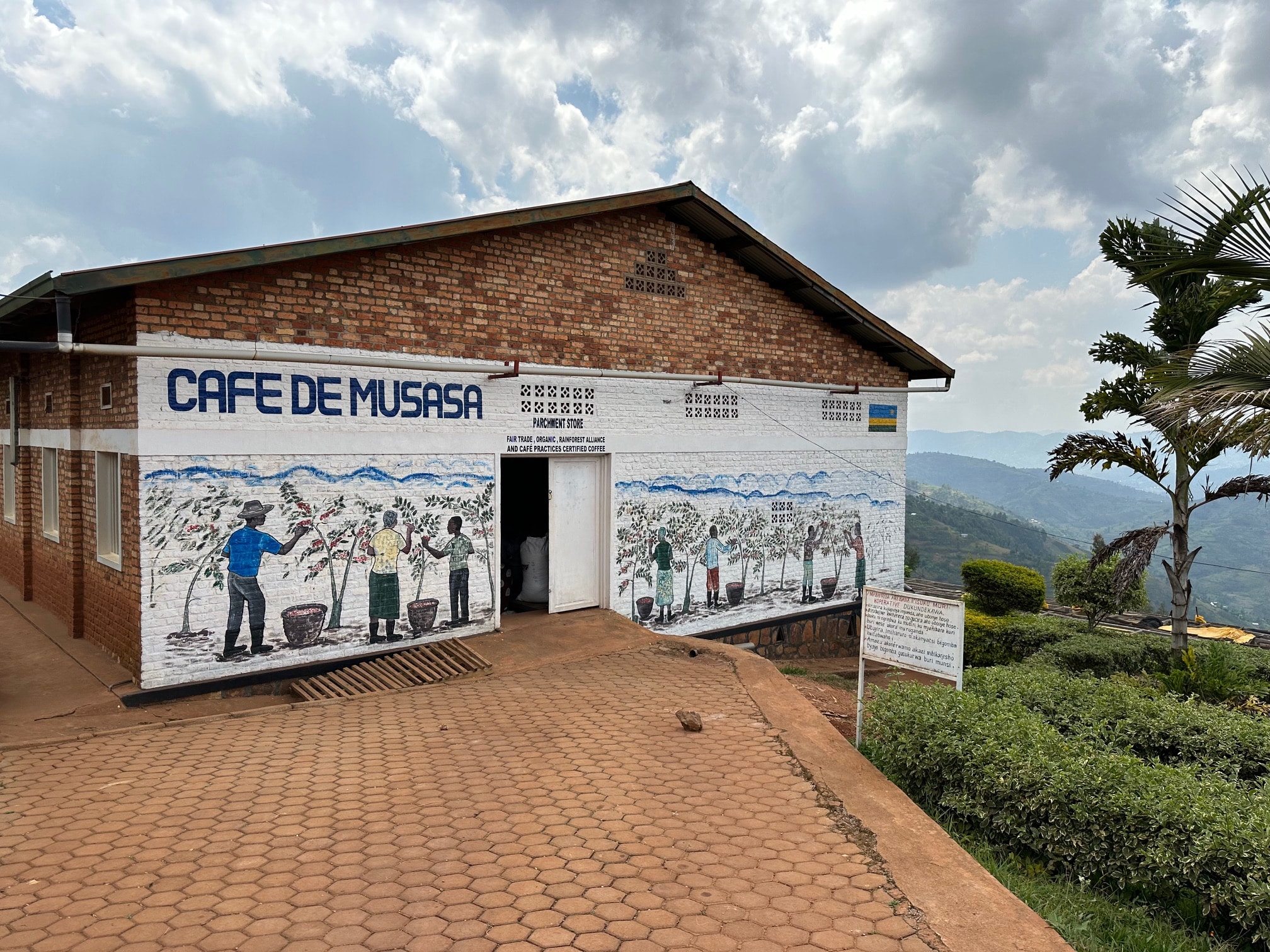
Musasa exterior upon entry. Credit: Root Capital
Root Capital’s First Lending Client in Africa
A few hours north of Kigali, Rwanda, is Musasa – Root Capital’s first lending client in Africa. A partner since 2005, Musasa is a dynamic coffee-growing cooperative that is deeply committed to its farmer members.
When Root Capital provided Musasa with its first loan and the cooperative successfully repaid it, a foundation of reliable credit management was established. This opened up opportunities for them to also seek funding from other sources and made them a good candidate for grants and partnerships.
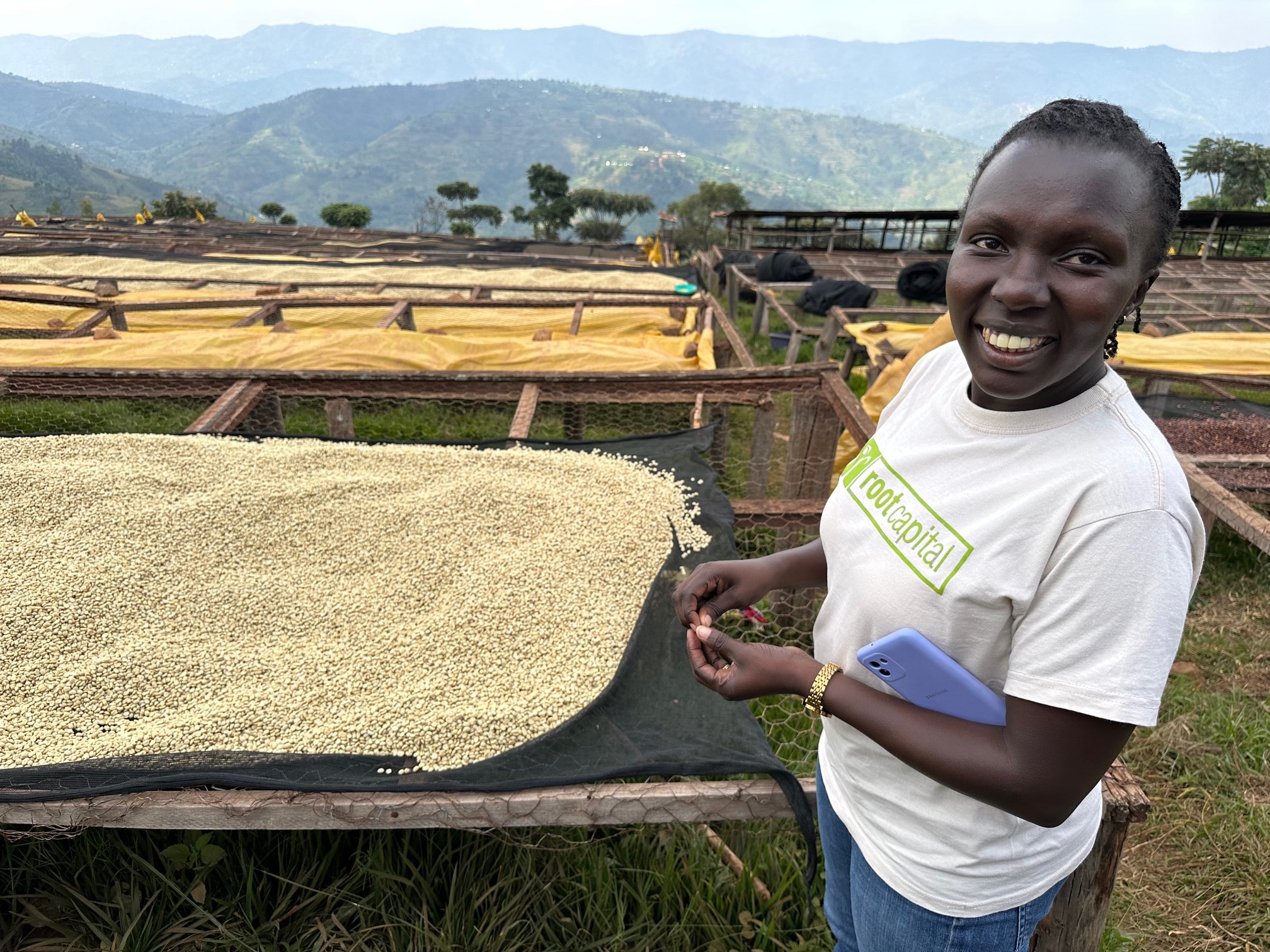
Rose Ochieng, Head of Advisory, Root Capital, in front of coffee drying beds. Credit: Root Capital.
Since then, Root Capital has provided Musasa with more than 20 loans. They’ve used the financing for seasonal working capital (to help pay their farmers a steady income and on time) and to make investments in critical infrastructure and equipment.
Root Capital’s local lending and advisory teams also helped Musasa’s leadership identify technical services they needed to help them grow. They engaged in business management training to improve operations. Their farmers learned about agricultural best practices to increase yields and adapt to the changing climate. And the cooperative built digital capacities to facilitate data collection and analysis for more timely and informed decision-making.
As Ernest Nshimyimana, Musasa’s Managing Director said, «Everything you see here has a Root Capital footprint.»
What have these investments fueled?
Thanks to the cooperative’s visionary leadership and the catalyzing support from Root Capital and others, Musasa’s community impact soared.

Gilbert Muhire, the Marketing Manager, gives Root Capital a tour of the coffee roasting area. Credit Root Capital.
They invested in coffee roasting machinery to not only add value to their products but to rent to other cooperatives as a source of revenue.

Coffee bean sorting area. Credit Root Capital.
They created healthier working conditions for the women bean sorters by raising the process off the floor and onto conveyor belts and chairs. This created a better social environment and decreased physical strain.
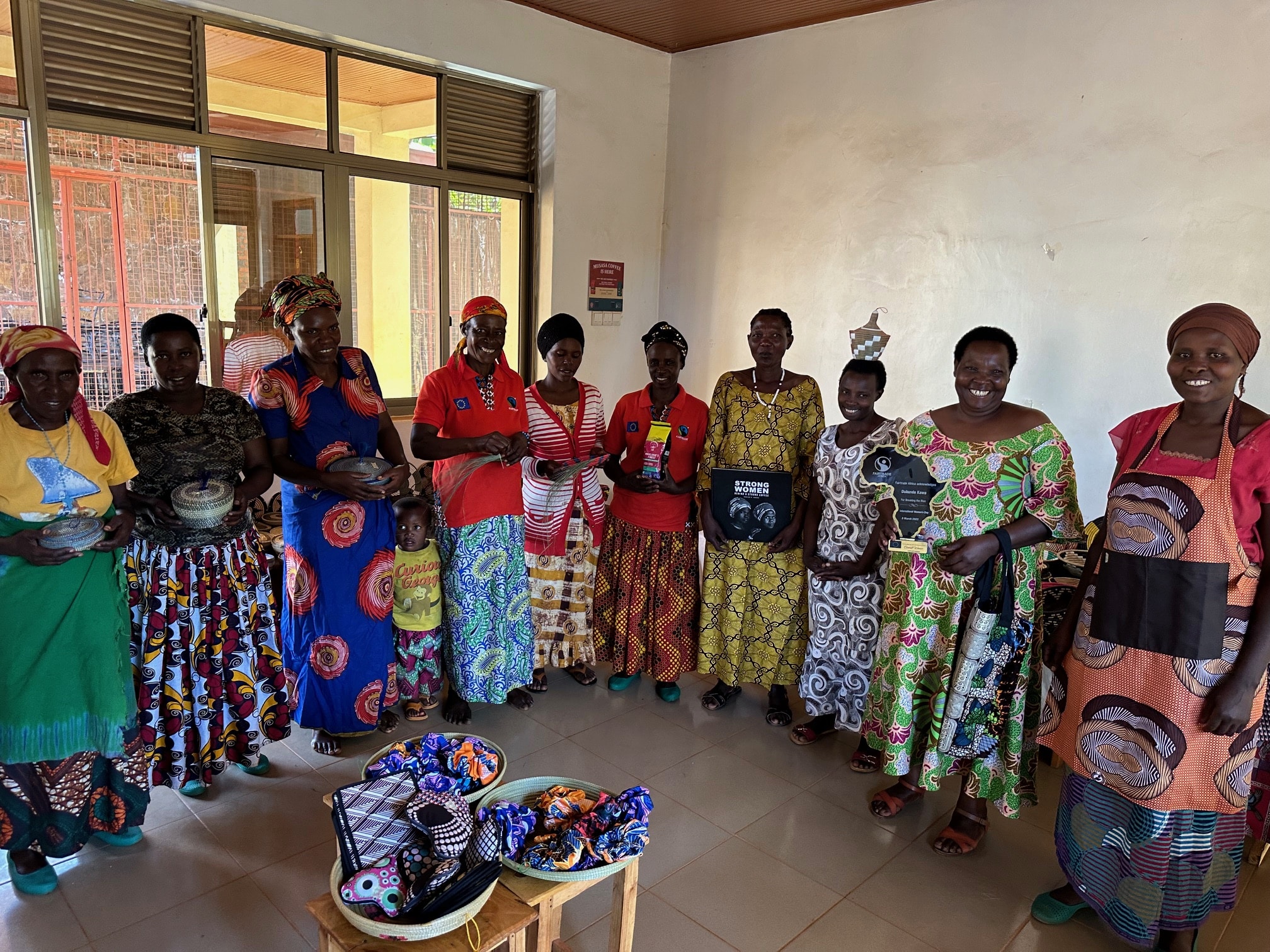
Women who produce and sell the handicrafts in the Rambagirakawa Women’s Center. Credit Root Capital.
They created the Rambagirakawa Women’s Center to support women-led initiatives. One of the most successful initiatives has been producing handicrafts for sale to the cooperative’s many visitors.
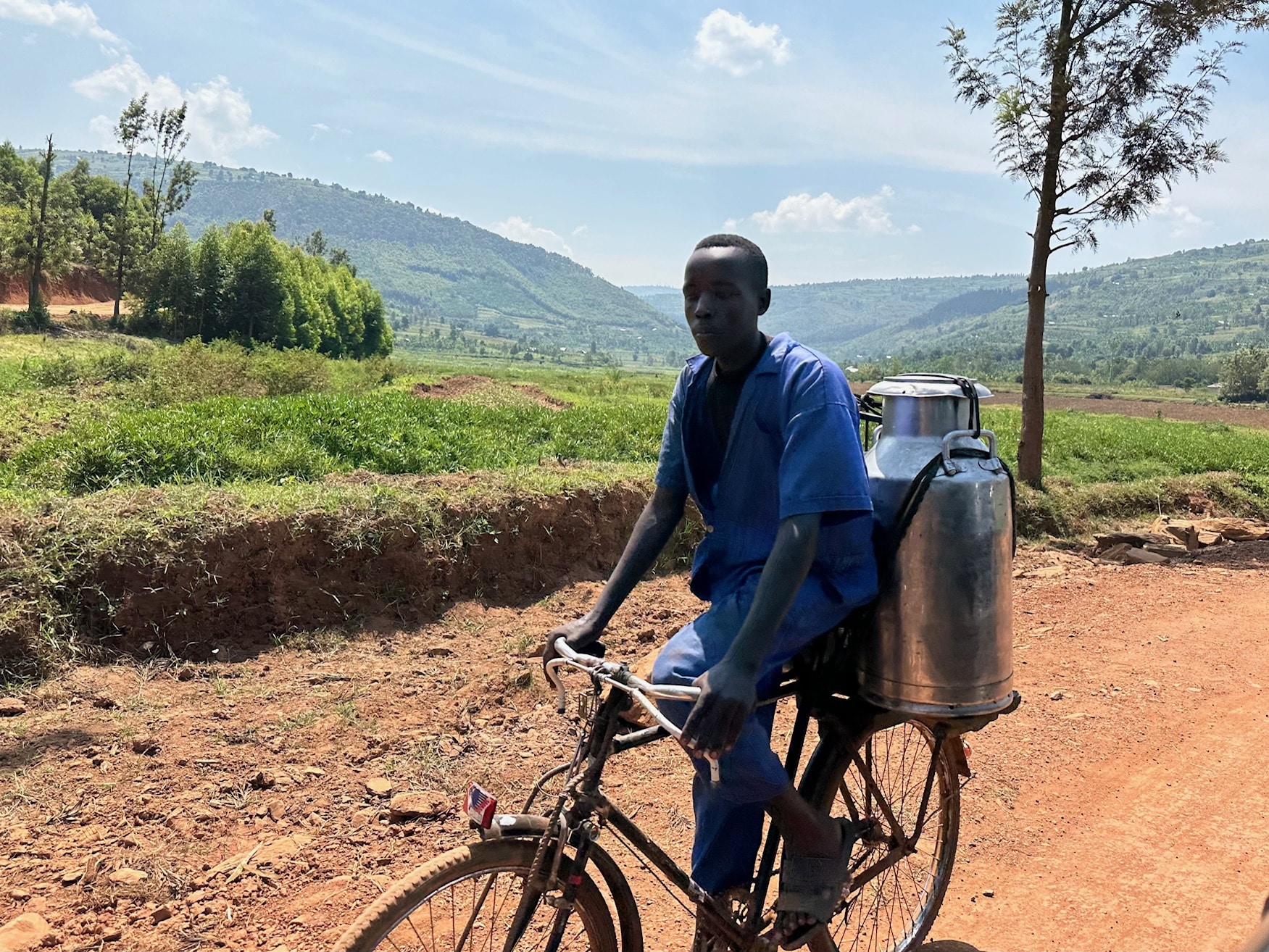
Man on bike transporting a milk container. Credit Root Capital.
They launched a milk collection center. The cooperative is on a mission to supply each member with a cow to not only help feed their families but to diversify income through milk production.
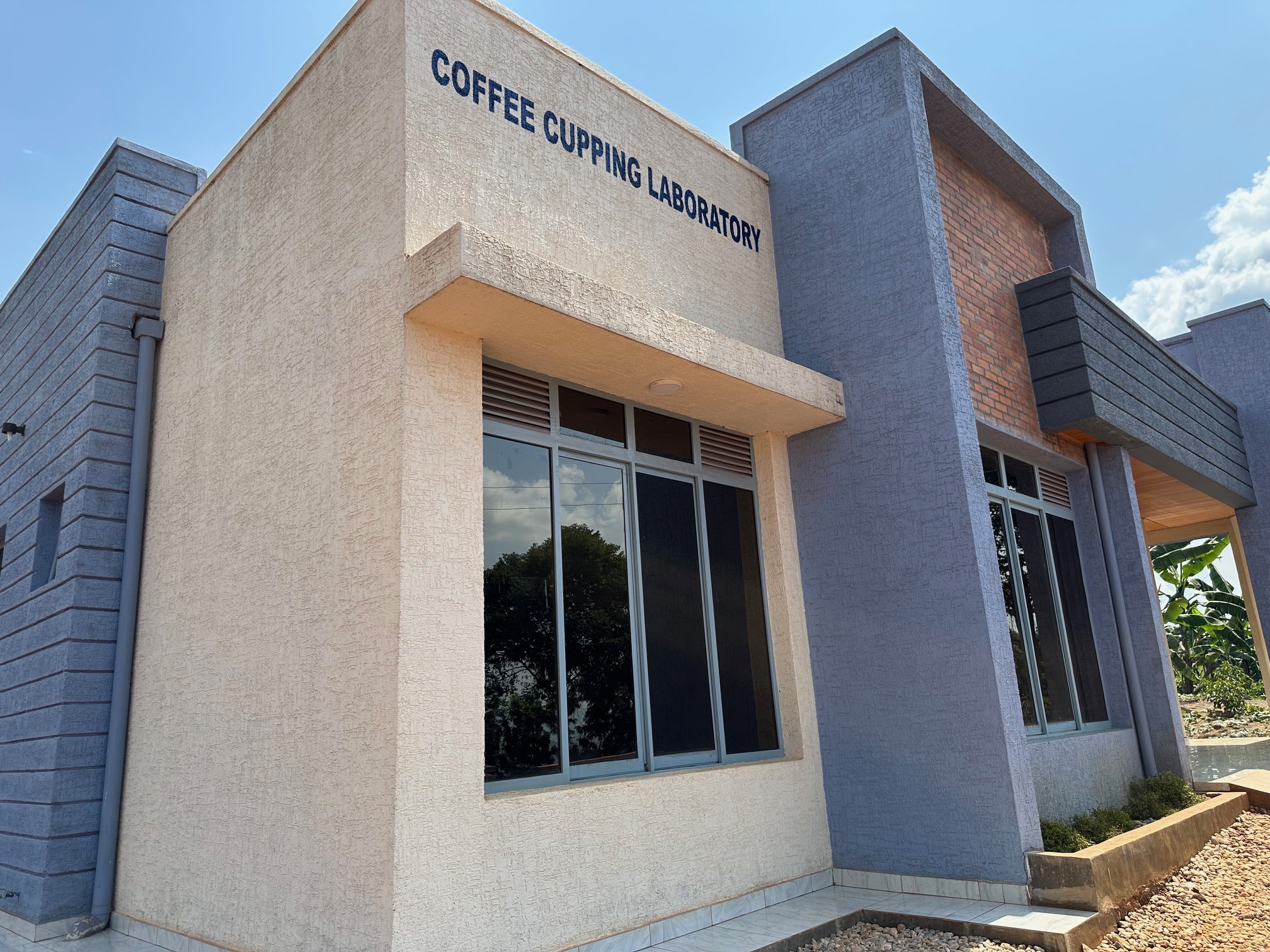
Musasa Coffee Cupping Laboratory. Credit Root Capital.
In 2022, they created a school for cooperative members’ high school-aged children. Students can be trained in coffee skills (such as farm processes, barista, cupping, and roasting) or in the production of high-quality handicrafts.
A childcare center and pharmacy are currently under construction behind the processing facility so that workers’ children can be nearby, and the community can access basic medical services.
Today, Musasa has 265 employees and more than 5,600 supplying farmers. In the last eight years, they have more than doubled their number of employees and tripled the number of farmers reached.
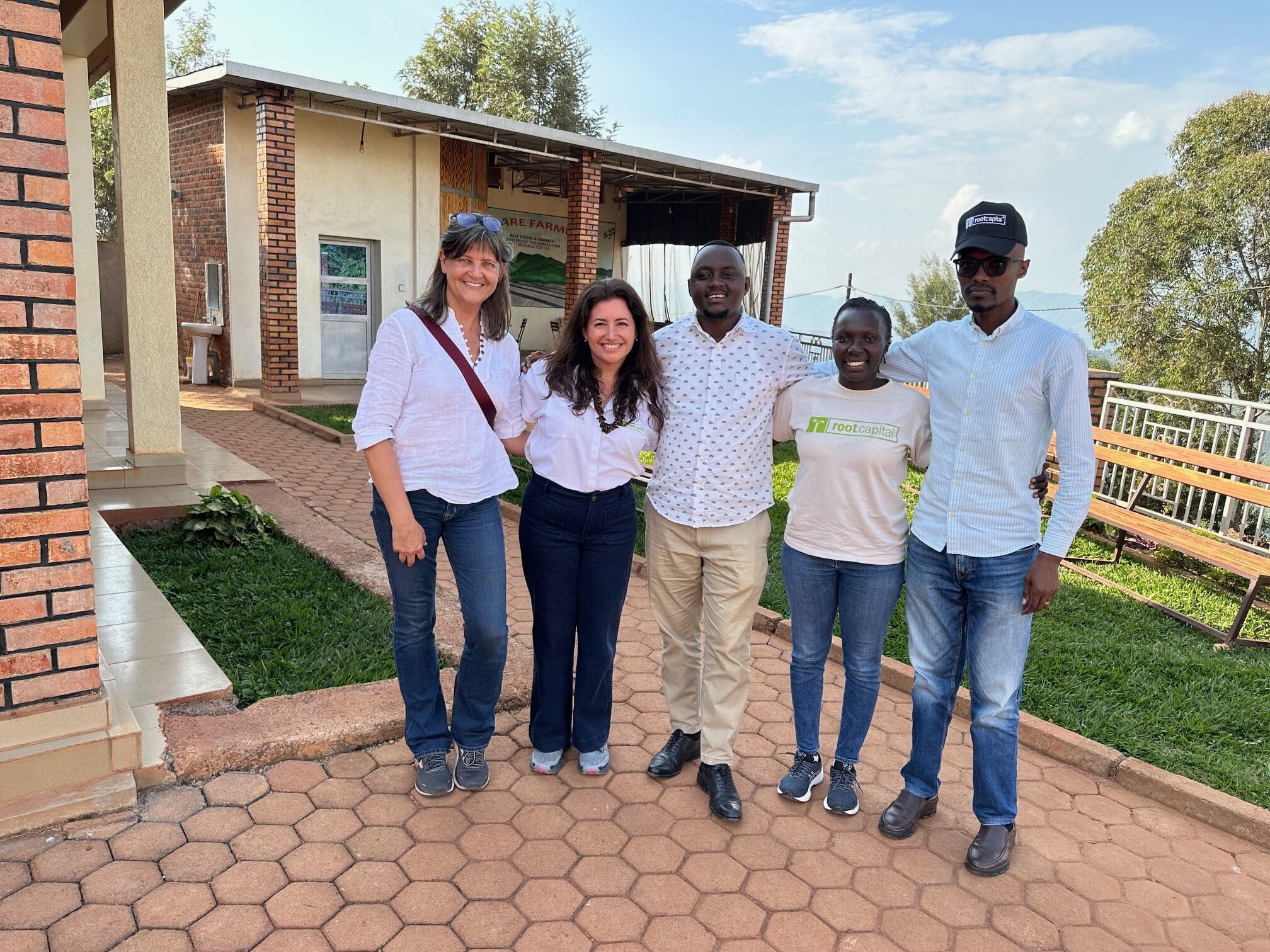
Root Capital and Musasa staff. Left to right: Susan Monserrat, Leo Gutierrez, Ernest Nshimyimana Musasa Managing Director, Rose Ochieng, and Innocent Murwanashyaka.
So, What Is an «Engine of Impact»?
An engine of impact is a conduit for raising up a whole community. Musasa’s powerful impact is not unique among Root Capital clients. I also visited Maraba and Nova Coffee while in Rwanda, which have similar success stories. From Africa to Latin America and Indonesia, we work with enterprises in some of the hardest-to-reach areas. And, as I saw firsthand, when given access to capital, information, and support, these engines are capable of fueling more prosperous, inclusive, and resilient rural communities.
You may also be interested in...
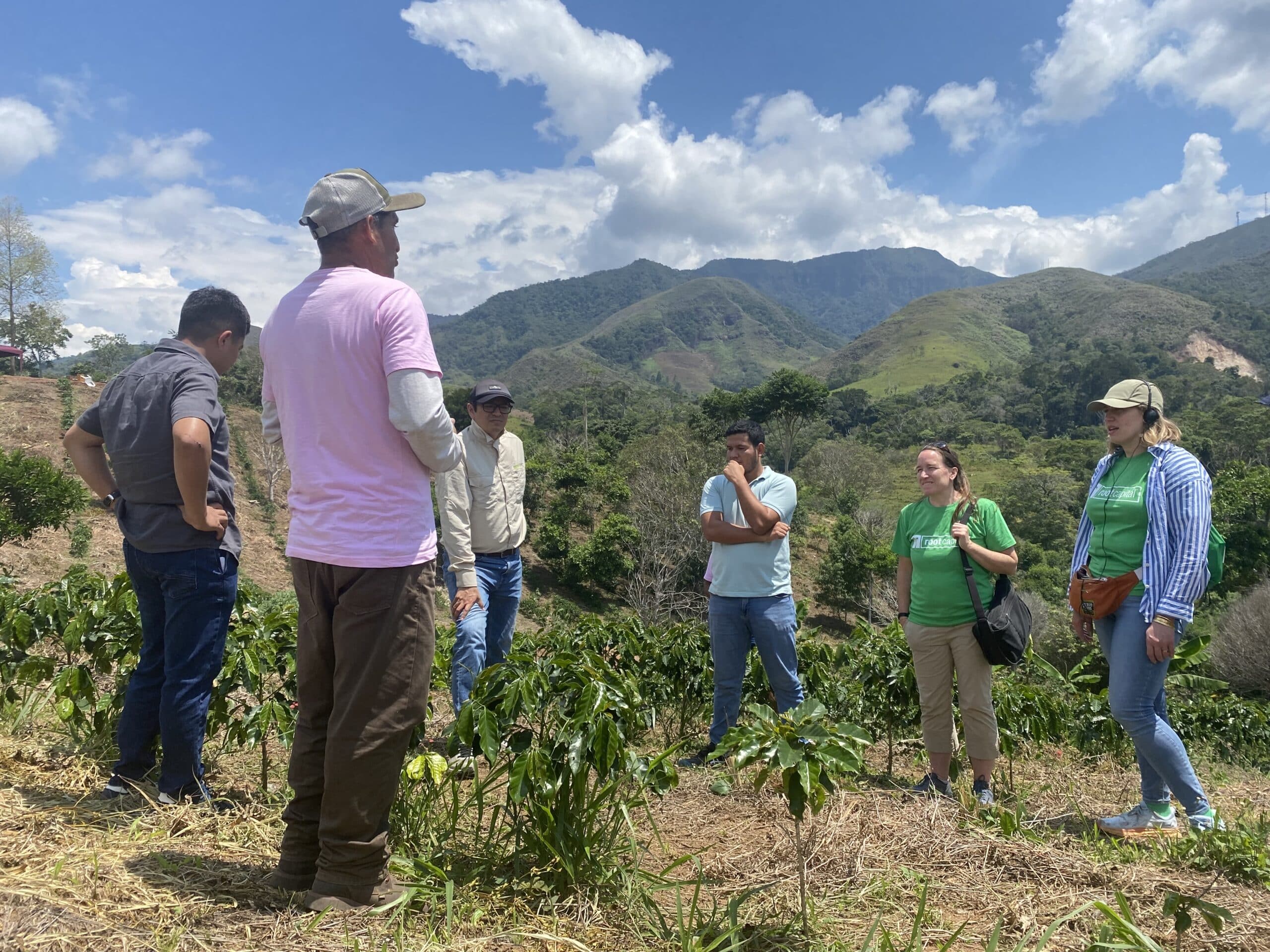
El café resiliente en Perú: invertir en Robusta
Perú es líder mundial en el café de Comercio Justo, con pequeños agricultores y agricultoras que producen café de alta calidad en zonas remotas. Root Capital apoya a estos agricultores y agricultoras, incluida la innovadora Cooperativa Agraria de Productores de Alonso de Alvarado (CAPAA), mediante financiación y capacitación.
Fecha:
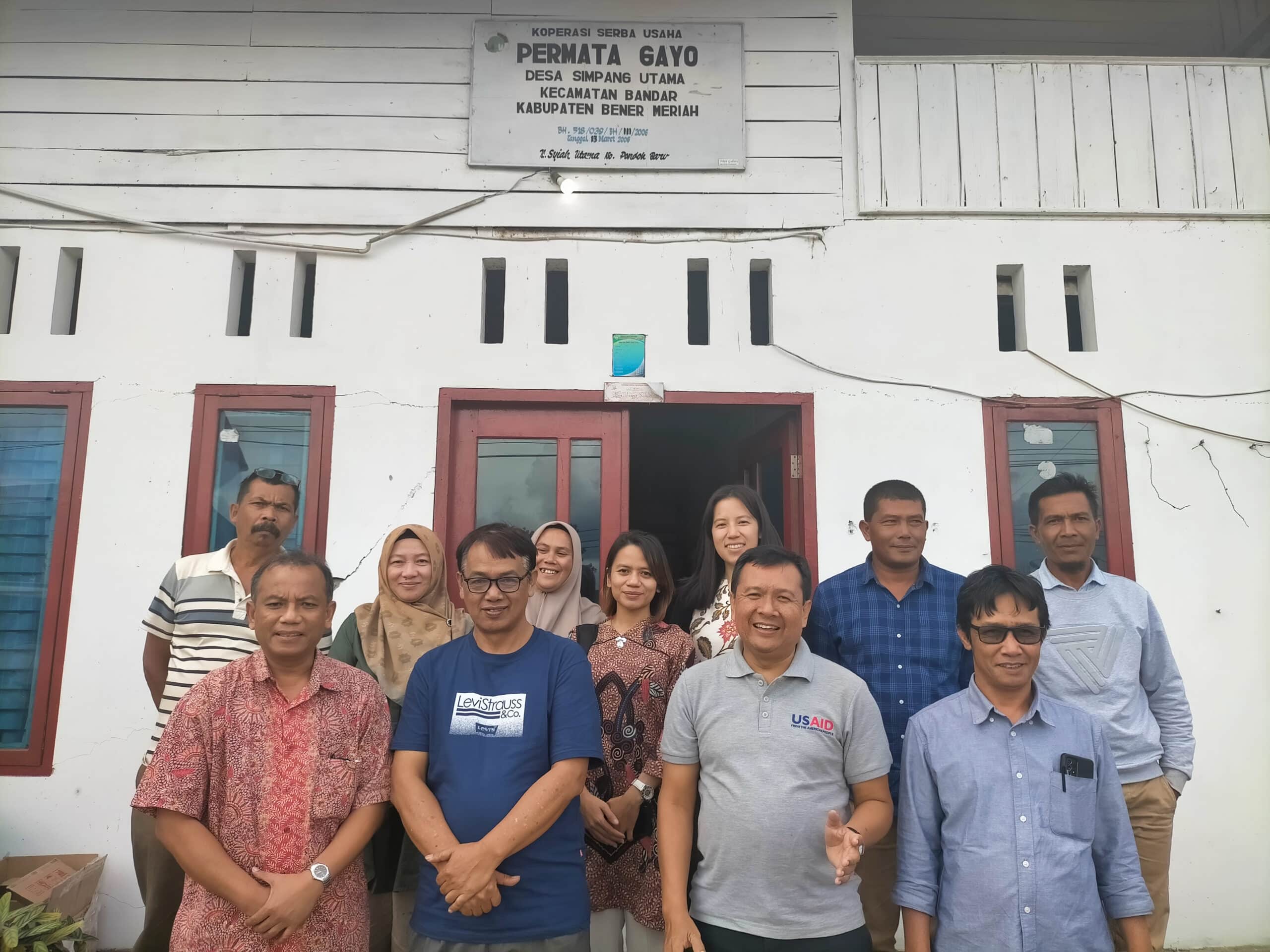
Cómo una asociación público-privada ayudó a las empresas agrícolas a capear la pandemia
Miembros de la cooperativa Permata Gayo frente a la sede de la cooperativa en Aceh, Indonesia.
Fecha:
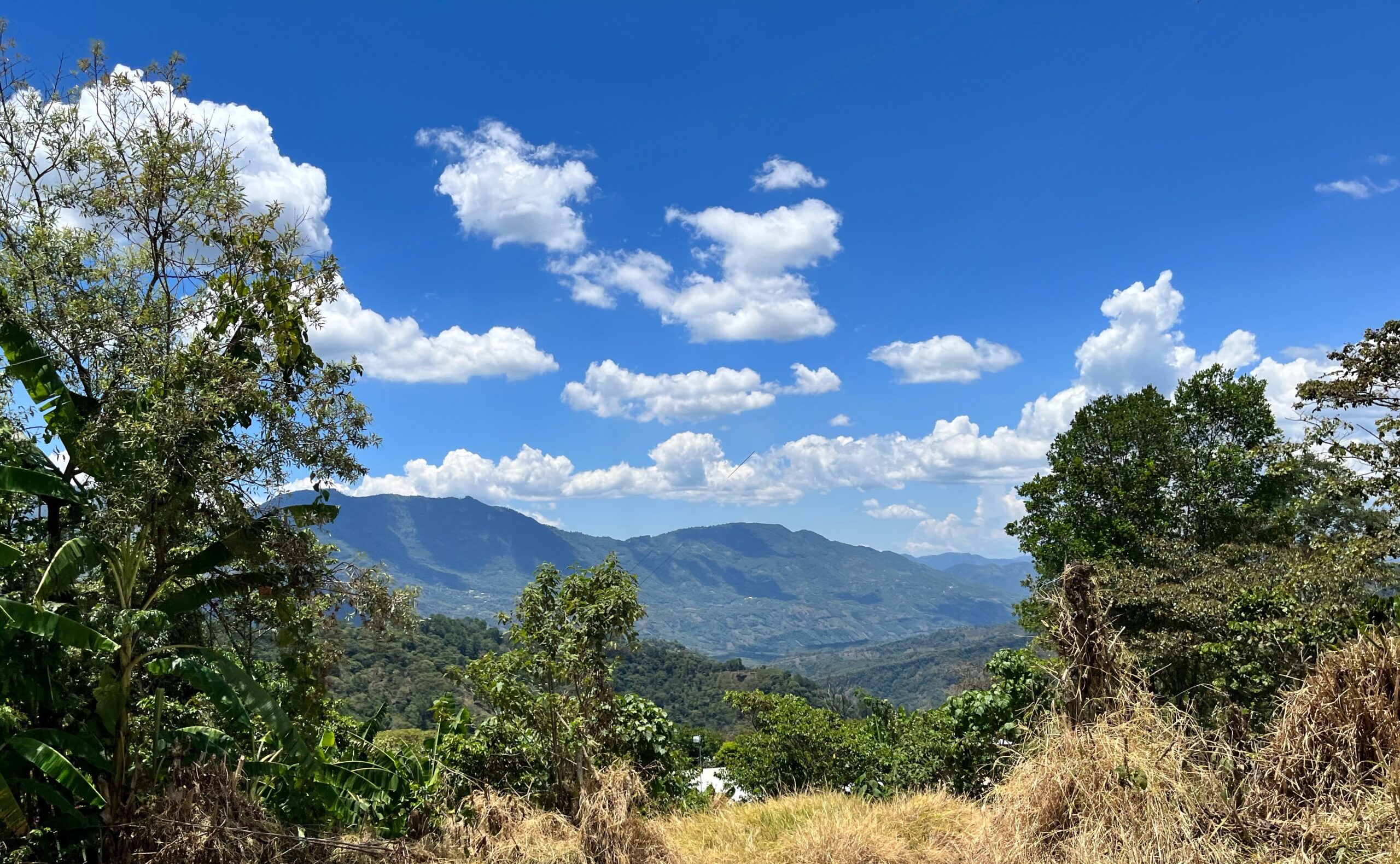
Mejora de los medios de subsistencia y aumento de los ingresos de los pequeños productores de café en Chiapas
Las plantaciones de café salpican el paisaje de Chiapas, el estado más meridional de México. Pero
Fecha:

